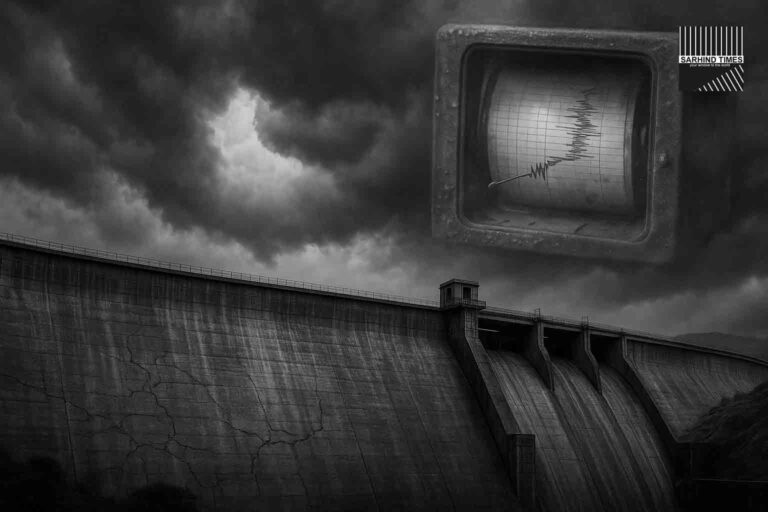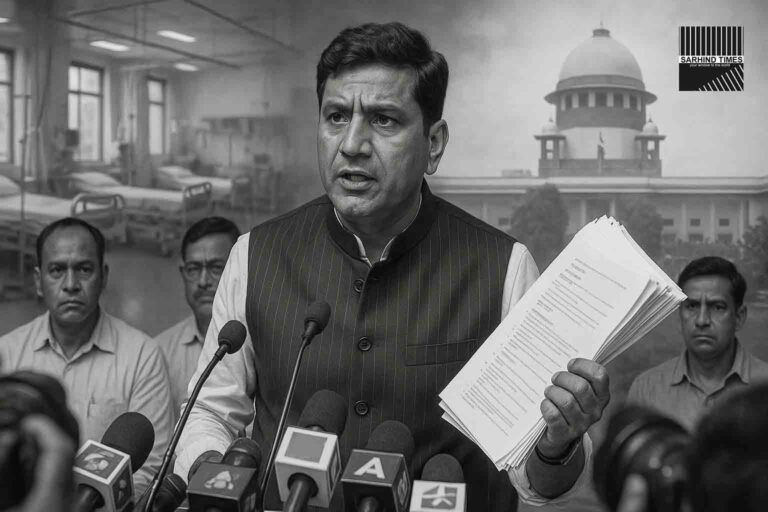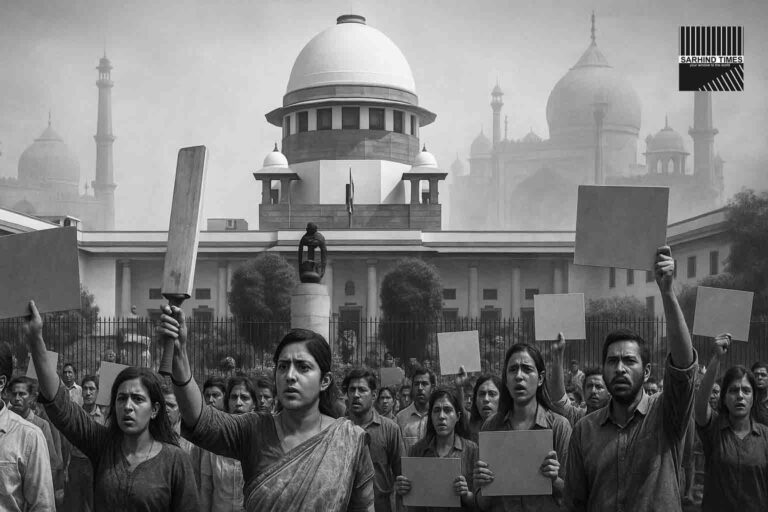New Delhi, India – As the Indian Parliament’s Budget Session resumes on Monday, several key bills are set to be introduced, amidst a backdrop of intense debates and clashes between opposition and ruling parties. A significant topic of discussion is the reported proposal to amend the Waqf Act, which may limit the Waqf Board’s authority to designate properties.
Union Finance Minister Nirmala Sitharaman will present the Appropriation Bill and Finance Bill in the Lok Sabha, while Law Minister Arjun Ram Meghwal will introduce legislation aimed at readjusting the representation of Scheduled Tribes in Goa’s assembly constituencies. In the Rajya Sabha, Hardeep Singh Puri is set to introduce the Oilfields (Regulation and Development) Amendment Bill on Tuesday.
Reports have surfaced suggesting that the government may propose amendments to the Waqf Act, potentially curbing the Waqf Board’s power to designate properties. These changes are expected to include mandatory verification for property claims, although there has been no official confirmation from the government or updates to the legislative agenda.
According to sources, the move is purportedly in response to demands from the Muslim community for increased transparency and accountability. Some Muslim high court judges have expressed concerns that decisions made by Waqf boards cannot be challenged in courts. The proposed amendments aim to address these concerns by ensuring greater oversight.
Asaduddin Owaisi, chief of the All India Majlis-e-Ittehadul Muslimeen party, has voiced strong opposition to the potential amendments, accusing the government of attempting to seize Waqf properties. “These amendments are intended to take away Waqf properties,” Owaisi stated. “The Modi government wants to undermine the autonomy of the Waqf board, which is against the freedom of religion.”
Maulana Khalid Rasheed Farangi Mahali, a member of the All India Muslim Personal Law Board, emphasized the need for government consultation with stakeholders before making any changes. “Our ancestors have donated a large part of their property and made it Waqf under Islamic law,” Mahali said. “Once a property is made Waqf, it cannot be sold or transferred.”
Senior BJP leader Dinesh Sharma defended the proposed amendments, citing complaints from within the Muslim community about irregularities in the functioning of Waqf boards. “The main reason behind this is that there have been complaints against Waqf boards, which were meant to benefit the minorities, being involved in other works,” Sharma explained.
The Waqf Act was last amended in 2013 by the Congress government to expand the powers of the Waqf Boards. The current amendments are expected to increase women’s representation on the Central Waqf Council and state boards, introduce measures for property monitoring with district magistrates, and address delays in property surveying.
In the Rajya Sabha, opposition members plan to discuss the functioning of several ministries, including Agriculture and Farmers Welfare, New and Renewable Energy, and Cooperation.
Stay tuned to Sarhind Times for further updates on the Parliament’s Budget Session.






















+ There are no comments
Add yours